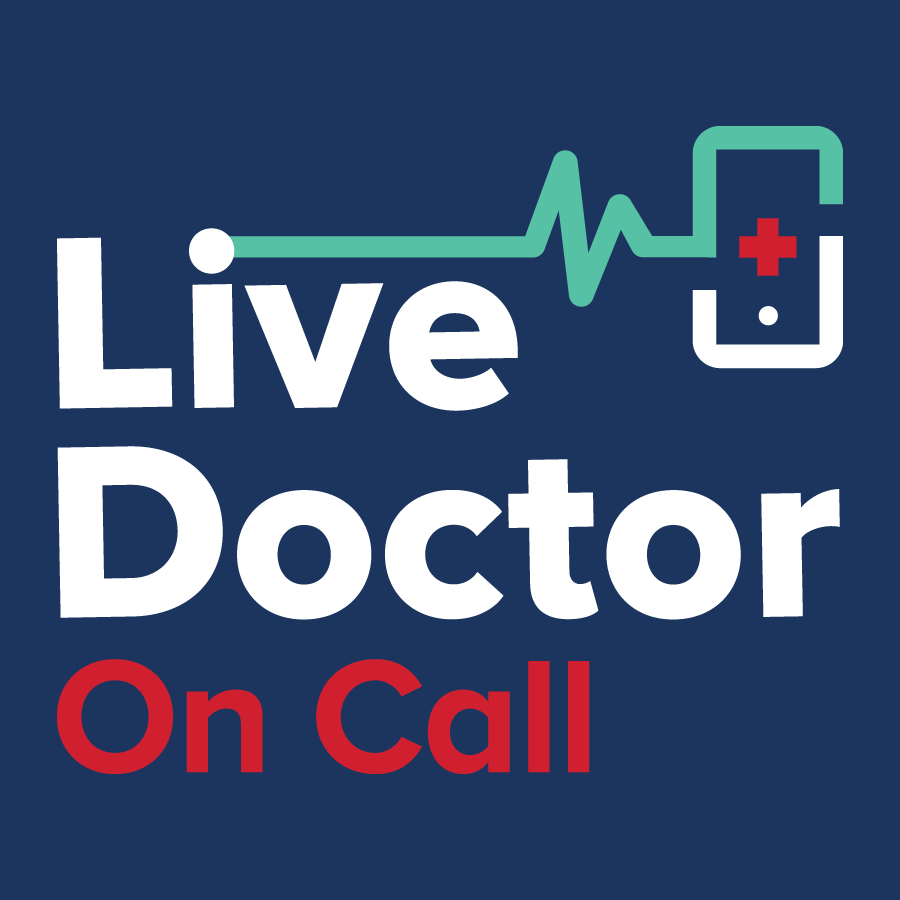Let’s think about how many Veterans need health care.
According to a research conducted by Harvard Medical School, 1.53 million Veterans are uninsured and 2 million can’t afford care. Not just that. Another research by Harvard/Cambridge Hospital says that 1.7 million of Veterans who served have no health coverage.
It’s clear that minorities are underrepresented in the American Veteran community. This population is on the rise, however, and it deserves more attention.
Of the nearly 20 million Veterans in the U.S., 4.7 million live in rural America. Of these veterans, 58% are enrolled in the Veteran Affairs (VA) health care system, with 55% of rural enrolled veterans 65 years and older, and 56% affected by a service-related condition.
Our goal here at Live Doctor On Call is to ensure that our veterans can access the services and benefits they need and deserve. Some veterans live in rural areas and may be unable to access health services for reasons similar to other rural residents.

